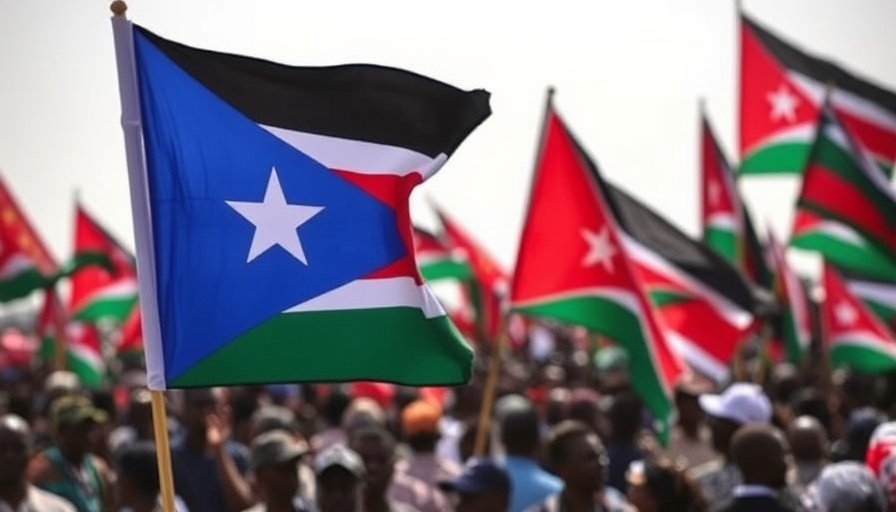
The Stagnation of Hope: A Somber Independence Day in South Sudan
This year, South Sudan marked another Independence Day devoid of the fanfare that once illuminated the hopes of its citizens. As the country faces ongoing violence and economic instability, the lack of celebrations serves as a painful reminder of the challenges that persist a decade after it gained independence from Sudan.
South Sudan’s Independence Day, celebrated on July 9, has typically been a moment for citizens to reflect on their national identity and sovereignty. However, this year, leaders opted for a low-key observance, further emphasizing the nation’s struggles and the ongoing governmental failure to ensure safety and basic services for its people.
The Economic Impact of Insecurity
The chronic insecurity in South Sudan directly affects its economy, making it challenging for business leaders and investors to find fertile ground for opportunities. According to various reports, an environment marred by conflict leads to stunted growth across sectors, crippling trade relationships not only locally but also within broader African markets.
This stasis poses significant concerns for policymakers who must navigate the intricacies of foreign relations, particularly as South Sudan seeks to establish itself as a reliable partner in regional trade. A country lacking stability is often viewed through a lens of skepticism, deterring investments essential for fostering economic resilience.
Global Attention and the Role of International Partners
In the context of global engagement, the situation in South Sudan is a poignant case study for international relations. Countries like China and members of the European Union are observing these developments, underlining how geopolitical dynamics are integral to understanding Africa's foreign relations. Trade agreements and support often hinge on perceived stability, and South Sudan’s ongoing struggles form a critical factor in this calculus.
As the international community grapples with how best to engage with South Sudan, there needs to be a renewed emphasis on strategic long-term partnerships aimed at addressing both humanitarian needs and economic development. This dual focus is essential for transforming Independence Day from a day of somber reflection into a celebration of progress.
Conclusion: A Call for Reflection and Action
While this year’s muted observance of independence may seem like a minor note in the grand fabric of global events, it represents a crucial moment for business leaders, policymakers, and researchers following Africa’s trajectory on the global stage. A holistic approach — one that brings to the forefront the socio-economic dimensions of conflict — is necessary. The hope for a brighter future lies in recognizing these challenges and engaging effectively with both local and international stakeholders.
 Add Row
Add Row  Add
Add 


Write A Comment